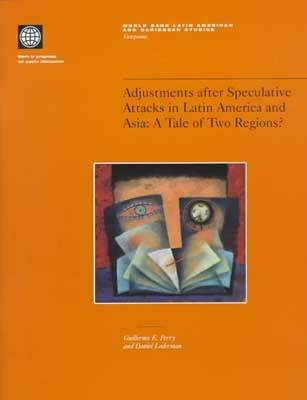'Many articles have been written about the causes of financial crises in emerging markets... ...Much less attention has been devoted to the effectiveness of alternative policy responses and the ensuing process of recovery of the real economy...' This paper analyzes the adjustment process in the aftermath of speculative attacks in six countries: Argentina, Brazil, Mexico, Indonesia, Korea, and Thailand. As implied by the title, the main question to be addressed is whether the tales of adjustment in these Latin American and Asian economies were similar. This comparison is interesting for several reasons. The six countries came under the aegis of adjustment programs supported by international financial institutions, and the associated policy prescriptions have been at the center of attention. Of the six cases, one is an example of a 'successful' defense of the currency, while another exemplifies a temporarily successful defense followed by an incomplete adjustment program. The others experienced dramatic currency devaluations. This small sample of episodes of adjustment also offers variety in the magnitude of the ensuing economic decline. While the Mexican and Argentine crises of 1995, and even the Brazilian adjustment after the October 1997 attack against its currency, were certainly costly, the Asian crises have been deeper and the recovery of the real economy has been slower. The paper draws policy implications for reducing the costs of the macroeconomic adjustment after currency crises.
- ISBN10 0821345419
- ISBN13 9780821345412
- Publish Date 27 July 1999
- Publish Status Active
- Out of Print 25 February 2014
- Publish Country US
- Imprint World Bank Publications
- Format Hardcover
- Pages 50
- Language English
